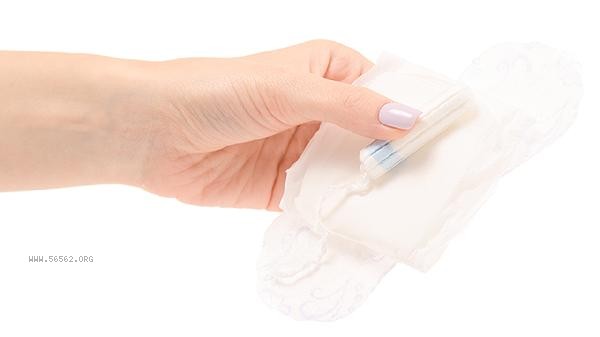On the the fourth day of your menstrual period, you can usually do aerobics, but you need to adjust the intensity of exercise according to your physical condition. Menstrual exercise can help alleviate menstrual pain and improve mood, but high-intensity or vigorous exercise should be avoided.

On the the fourth day of the menstrual period, the endometrial shedding gradually decreases, and the amount of bleeding usually decreases compared with the previous three days. At this time, proper exercise of low to medium intensity will help promote blood circulation and alleviate menstrual discomfort. It is recommended to choose rhythmic aerobic fitness exercises that involve excessive jumping, handstands, or abdominal compressions. Pay attention to replenishing moisture during exercise, wear breathable and comfortable cotton sportswear, and control the exercise duration within half an hour. If there is obvious fatigue, dizziness, or worsening abdominal pain, it should be stopped immediately.

Some women may still have severe dysmenorrhea, anemia or excessive menstruation on the the fourth day of their menstrual period. At this time, it is not recommended to do exercises such as aerobics. Patients with gynecological diseases such as endometriosis and adenomyosis may experience increased pelvic congestion and pain symptoms during exercise. Women with weak physical constitution or long-term lack of exercise habits may experience menstrual disorders due to sudden increase in physical activity. If symptoms such as persistent abdominal pain, abnormal bleeding, or dizziness occur after exercise, medical examination should be sought promptly.

Menstrual exercise should be based on physical comfort, and low-intensity activities such as yoga and walking can be tried as alternatives to fitness exercises. Maintain sufficient sleep and a balanced diet, consume iron rich foods such as lean meat and spinach in moderation, and avoid raw, cold, and stimulating foods. If menstrual discomfort persists or worsens, it is recommended to consult a gynecologist to assess whether there are potential health issues.






Comments (0)
Leave a Comment
No comments yet
Be the first to share your thoughts!